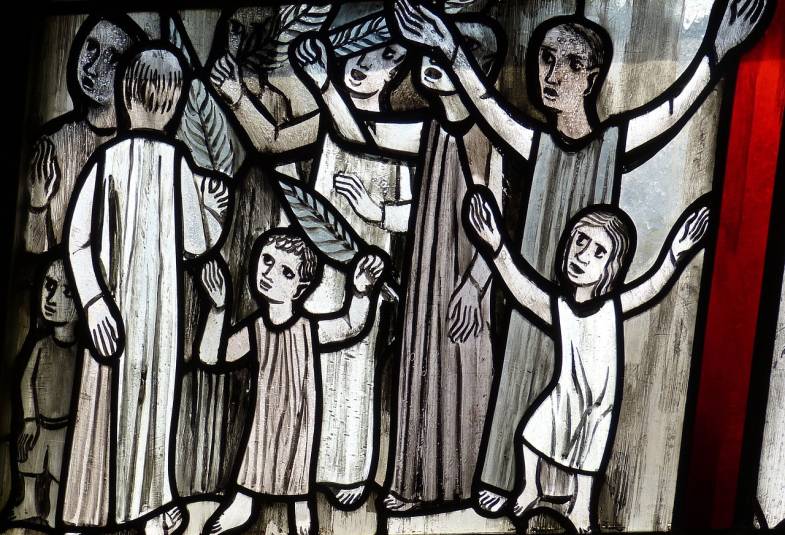21/03/2024
The text of the reflection follows in full
We think Jesus riding into Jerusalem on a donkey is a sign of his humility. A more ostentatious or power-seeking person would arrive on a dashing white charger. But not Jesus. He is meek and lowly. Hence the donkey.
But we'd be wrong.
Riding on a donkey was a carefully calculated and consciously provocative thing to do, and those who saw it would have understood its meaning.
Jesus is acting out the prophecy of Zechariah, and in telling the story John makes this clear. ‘As it is written’, he says, ‘Do not be afraid, daughter, Zion; see, your king is coming, seated on a donkey's colt.’
In other words, as Jesus enters Jerusalem, he is saying to those who have eyes to see and ears to hear, that he is the Messiah, though, as we shall discover this week, not the conquering hero, they were still expecting, donkey or not. And throughout this week, we can best understand its meaning by focusing as much on Jesus's actions as his words.
He rides on a donkey to fulfil the prophecies about his Messiahship.
He overturns the tables of the money changers in the temple, not because he disapproved of bookshops in cathedrals, but because he was disrupting the legitimate business of the temple, because by his death and resurrection he was about to show us that we don't need temples and sacrifices anymore.
He washes his disciples' feet, because he is a servant king and because, as Julian of Norwich put it, ‘Love is his meaning.’
He breaks bread and pours wine, and says it is his body broken and his blood shed, because he wants to give us a way of not only understanding the meaning of his death on the cross, but a way of receiving his life, the fruits of his victory over sin and death, until that day when we will be raised with him to life eternal.
His greatest sign is, of course, his death on the cross, and the greatest sign God gives us is raising Jesus from the dead.
All this we will celebrate this week. Today we sing Hosanna, because we remember, and in our churches re-enact, that triumphal entry into Jerusalem. But let us remember, it is a prophetic act.
Jesus throws down the gauntlet to his accusers and opponents. He announces his messiahship. The meaning of which will be most revealed by his death on the cross.
So please don't be one of those Christians who sings Hosanna one Sunday and Alleluia the next, but doesn’t come and stand at the foot of the cross. Our Hosannas today are a commitment to greet him, receive him, follow him and bear the weight of the cross ourselves.
